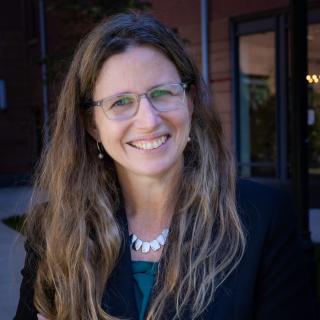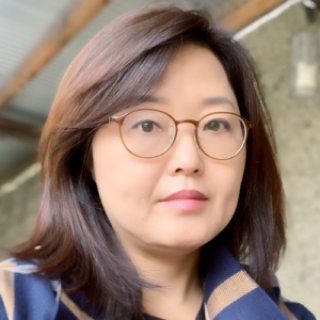Seattle Pre-K Program Evaluation
November 14, 2019
SPP Evaluation Year 1 Final Report
SPP Evaluation Year 2 Final Report
SPP Evaluation Year 3 Final Report
SPP Evaluation Year 4 Final Report
The National Institute for Early Education Research at Rutgers University and Cultivate Learning, at the University of Washington, have conducted evaluations of the demonstration phase of the Seattle Preschool program. Evaluations assessed preschool quality and measured children’s gains in receptive vocabulary, literacy, math and executive functions.
The City of Seattle is in the final year of a four-year demonstration phase for its Seattle Preschool Program. The program was established by voter approval on November 4, 2014 of a four-year, $58 million property tax levy to provide “accessible high-quality preschool services for Seattle children designed to improve their readiness for school and to support their subsequent academic achievement.” The city of Seattle’s Department of Education and Early Learning (DEEL) launched SPP in the 2015–16 school year and has been expanding every year since.
The four-year demonstration phase of SPP has three purposes. The first is to demonstrate that the approved structure is viable. The second is to develop a community infrastructure to improve the quality of preschool programs. The third is to create norms and a process to support continuous quality improvement (CQI) through evaluation. Results from evaluation during the demonstration phase will inform improvements in these efforts.
Before commencement of this demonstration phase, the evaluation team conducted a thorough review of the research on evaluation, supplemented with interviews of key leaders in program design and improvement. Based on this review the team recommended, among other efforts, an impact evaluation that collects information on students’ learning and development.
Reports below present findings from year one (2015-16), year two (2016–17), year three (2017-18), and year four (2018-19) from the impact evaluation, focusing on classroom quality and children’s learning. The report includes information on the children served, children’s learning and development during the school year, and program quality across the three years of SPP so far. It also looks at specific subgroups of children and classrooms and examines associations between SPP children’s learning gains and their classroom experiences including observed quality.
In 2018-19 SPP grew to 75 classrooms from 48 the prior year, and also worked in partnership with 11 family child care providers. SPP quality continued to improve and now reaches levels associated with strong gains in children’s learning and development. We recommend that SPP build on its success by seeking further improvements in the quality of instruction with particular attention to language and literacy, integration of content across domains in children’s activities, and supports for sustained, reflective thinking as well as personal care routines that contribute to health.
The Authors
W. Steven (Steve) Barnett is a Board of Governors Professor and the founder and Senior Co-Director of the National Institute for Early Education Research (NIEER) at Rutgers University. Dr. Barnett’s work primarily focuses on public policies regarding early childhood education, child care, and child development.
Dr. Milagros Nores is the Co-Director for Research and Research Professor at the National Institute for Early Education Research (NIEER). With a profound expertise in early childhood evaluation, informing data-driven policy and programming, cost and benefits of early interventions, evaluation design, equity, and English language learners, she has established herself as a leading researcher in the field of early care and education.
Kwanghee Jung, an assistant research professor, brings to NIEER expertise in quantitative data analysis and is working on studies that analyze the effect of participation in state-funded preschool on children’s learning and development.


